
(This interview is being reprinted by permission of the author for hiphopsite.com. Distribution of this interview is not allowed without proper credit and compensation to the original author.)
I fell in love with the Freestyle Fellowship instantly, the first time I saw them on the steps of UC Berkeley’s Sproul Hall. It was a spontaneous freestyle cipher (back when such things didn’t provoke jaded laughter) and I was on campus with some others in my nascent crew, visiting from Davis, California for a Gavin Convention-related seminar. It was 1991.
In the years that followed – as a growing writer, DJ, record label owner, misanthrope – I’d come to interview the members of the Fellowship many times. But none more than Aceyalone, who was so singularly brilliant an MC that he could never resolve his own caustic, often ambivalent attitudes towards the game. I talked to Aceyalone a few times after the Fellowship’s demise, during Acey’s initial piecing together of Project Blowed and his debut solo album, All Balls Don’t Bounce. (It’s hard to believe that record was released nine years ago).
During one of the first conversations, for a story in URB magazine, Aceyalone said his debut album would be called Universal Solider. Then the article came out and a few months later, when I checked in on him again, he said he changed the title, partly because I blew up his spot. I like to think it was because anticipation was so high for his new material back then, the expectations made him nervous, and he needed to exert some control over his own destiny. This is the original transcript from that interview, slightly edited for length, which occurred on July 25, 1995.
Jazzbo: So why’d you change the name of the album from ‘Universal Soldier’ to ‘All Balls Don’t Bounce’?
Aceyalone: Yeah see, you put the pressure on that man. ‘Cause you was just like ‘What’s the name?’ and at the time, it wasn’t’ really concrete. It was kind of up in the air. It got around to a lot of people and a lot of people were expecting it to be Universal Soldier but um…I just changed it.
J: This album’s like a volume of styles, each song has its own flavor, approached at from several different angles. What was your thought process going in and having it come out like that?
A: It started out as an e.p. with just a couple of songs on it. I don’t want to say which ones. It was quick, not anything really drawn out. I did half the album then and then did the other half later. We did a lot of creating right there in the studio with drum machines, and did the vocals right there. It was planned out, but it wasn’t well planned out as it could’ve been. I know it isn’t a conceptual album with one theme and only one type of songs, you know what I mean? So its just real diverse. I went through a whole lot of eras of hip hop. Maybe it might be a thing of not wanting to be classified, you know.
J: Being solo as opposed to being in a group – is that something you welcome?
A: That’s something I welcome. Everybody should be able to man their own ship. I definitely like that aspect of it. But at the same time, I still get opinions, I like to collaborate. So that its not just biased towards me completely. I mean it is because its me doing it but as far as an extra ear, an opinionated view of what I’m doing and how its going down.
J: See, the songs in which you work with people, it made me feel sentimental about the Fellowship stuff. They were placed at good times in the records too. After hearing four songs of Acey, I was wondering what was missing and then all of a sudden “Know Nots” comes in. It seemed with the Fellowship everyone brought their own style to bat and it worked well. How do you see artistically now how its different working out of that context.
A: In a group, you have to be able to know that certain things that you do might not be able to fit in, yknow. Because when you have four people working, and everybody is talented, each person has only a certain amount of energy they can put into a song. Because that’s the way that song was. Everybody is only allowed to put so much energy into a song. With me by myself, I have to basically control everything. So all the concepts have to be carried out fully by one person. Creatively I wasn’t’ stifled by not having other people rhyme with me. It was just more the public. See I’ve been writing by myself for a long time. How they would in turn listen to me all by myself as opposed to just like you said, what’s missing, wanting to hear other people in the group. That’s cool because that’s what I expect. I expect people would want to hear what they kind of were left off of. And not really take in one of us too quick. Certain people will but certain people still they going to want to hear. They want to have that. But that’s only in comparison to the past.
J: And some people are going to hear you for the first time and not even know about your history with the Fellowship. I wanted to ask you about Ganjah K and Micah 9. They’ve both have problems in their record deals. How does it make you feel, your peers.
A: I don’t think that that’s the end of it. Its maybe some road blocks or stumbling blocks in the path. Its not really something that’s going to hinder somebody’s whole career. And the way I see it I don’t think that’s not enough to make somebody not want to do their music. Its just another trial and tribulation. I’ve been going through it while I was trying to get into this shady business as a youngster, yknow. Its not over and a relationship between a record company and an artist is just business, yknow. I think an artist can have any record label’s name on their record but its not really about the label its about the artist. The label is just one of the business side. They’re not necessarily what that artist is about. But then again you have some labels that represent certain artists better and you look at that creative edge. I think its going to be another situation sooner or later that it will be like it never happened.
J: In every city there’s a group of heads that were in tune with the Fellowship. Like a cult.
A: Yeah, like a cult. People who kind of follow the movement of what we’re doing. That’s cool, that’s what I appreciate. It doesn’t necessarily have to be people who just jump out of nowhere and see videos and like hip hop yknow what I mean? People who listen to lyrics, people who study, people who have broken down you shit. People come to you and ask you about different lines. “What was that you said” or “did you mean when you said?” Somebody always surprises me with something they’ve caught. That’s cool ’cause those type of people I like to build with. They took the time to go exactly right where I chose to put myself and put out there. And they sit there and they listen and they study it. To me those are the true heads, the true fans. It still a matter of opinion and I realize a lot of people aren’t going to get with it and certain people are. I realize some are going to get the opportunity and they should have the opportunity to enjoy it and if they do its good.
J: Were you happy with what Innercity Griots did?
A: Impact, yes. Because people were thrown back by that. A lot of people didn’t know how to assess it. But then I know a lot of people a couple of years down the line still rock it. At least the people that I talk to. Impact was definitely cool. And then people know there’s a lot of different flavors. It kind of went unknown to the point where people didn’t want to fully recognize it and pay homage to but that’s cool too. It probably would’ve took an album coming right after that for people to recognize but that didn’t so people sort of let it die, yknow.
J: A lot of other rappers are now emulating the styles you set down back then.
A: Yeah, and those were just the ones that were documented at that time. People are doing styles but its one of two things. They’re even taken styles that they don’t know were touched on before, which is just the natural evolution of things. It’s not a secret, they just came about it just like a lot of other people come about it. But other people picked up on it from somebody else that picked up on it who picked it up from somebody else that picked up on it from us.
J: Either way, you’re ahead of your time.
A: Yeah. I guess somebody had to go out and scout the land.
J: So what happened to the Fellowship after Inner City Griots? There were rumors that there was internal fighting, chaotic business situations, everything.
A: There were rumors floating around. A lot of them were to the extreme but it was something that was planned. If it wasn’t going to happen after that album it was going to happen after the next album. Fellowship wasn’t planned to be something continuous for the lifetime of what we’re doing. It was just something that came about. There was a little confusion as it went down but it was still going along as planned. It just didn’t go down all that extra smooth.
J: Did that have to do with Jupiter getting locked up?
A: Yeah, but that’s life. That’s not the first time. I know a lot of people in bad situations, yknow?
J: If the Fellowship is to come out again in the next few years, what will be the configuration?
A: Probably be somebody new, extra. Not necessarily just us four. More mixed up and group orientated as opposed to individual orientated.
J: So the Fellowship isn’t done?
A: No, we’re going to do some more projects, its just getting these off the ground. That was always part of the plan. Things are cool. I did Project Blowed. Everybody else is cool, either recording or just doing whatever.
J: So on your solo album, how do you think you’ve evolved as an MC from “My Fantasy” Aceyalone to “Headaches & Woes” Aceyalone?
A: It’s definitely an improvement but its more like more information being stored. Like a musician. You have more skills, the more you can just be free. The more you can go wherever. I’ve just been exploring a lot of different concepts, different rhythms. Articulation and delivery and just being confident in what you’re doing. As you get older you mold into how you do things period. A lot of people do things differently, but as you get older you begin to settle in. I wouldn’t say one pattern, but one way you do things.
J: You come to know your space a little better.
A: Exactly.
J: A lot of artists don’t think about something like that. They don’t build, either for growth or, especially for consistency. They want to hit that platinum level and be out.
A: But that’s cool though. People are in it for different reasons. Some people are there because they have no choice to be there. Some people are there because they have the chance to be there. Some people want to come and leave. Some people get kicked out.
J: What are you in there for?
A: I’m in here because I like to be in here. But even then, I might decide overnight that I don’t want to trip this no more. It’s getting close to that. The music business is so…. Man, you’re out there and you have to know what you’re gettin’ into.
Comments
No Comments
Leave a reply
- Raekwon Sets A Release Date For “F.I.L.A.” Album
- BUSH: A Snoop Odyssey Produced By Pharrell Williams [Preview]
- Drake – “If You’re Reading This It’s Too Late” Surprise Album on iTunes Now
- Action Bronson “Mr. Wonderful” Cover Art and Tracklist
- Juicy J “Blue Dream & Lean 2″ Mixtape Cover Art & Release Date Revealed
- MF Grimm “MF Love Songs” Cover Art + Tracklist
- Lord Hakim – “Brass Knucklez” (feat. Vast Aire & Phizz Ed)
- IAMSU! – “Hella Good” (feat. Tyga)
- DJ Kay Slay – “I Declare War” (feat. Styles P, Sheek Louch, Vado, Raekwon, & Rell)
- Maverick Sabre – “We Don’t Wanna Be” (feat. Joey Bada$$)
- Cannibal Ox – “Blade: Art of Ox” (feat. Artifacts & U-God; prod. Black Milk)
- Asher Roth – “Blow Your Head” (prod. Nottz)
- It's Time To Say Goodbye...
Commented on by Yungplex - It's Time To Say Goodbye...
Commented on by geedubbleyoo - Fat Trel - "In My Bag" (feat. Wale)
Commented on by Katae - Kanye West's "Runaway": What Does It All Mean?
Commented on by fidgar - Sole Vs. El-P: Part One - Sole
Commented on by Reno Yakavetta - It's Time To Say Goodbye...
Commented on by Atom
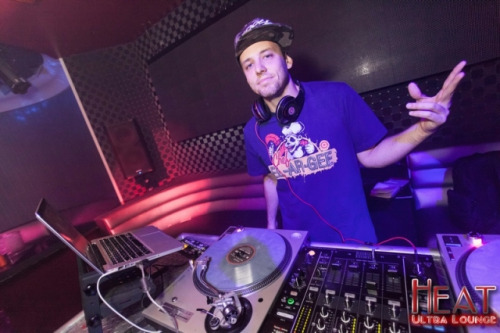

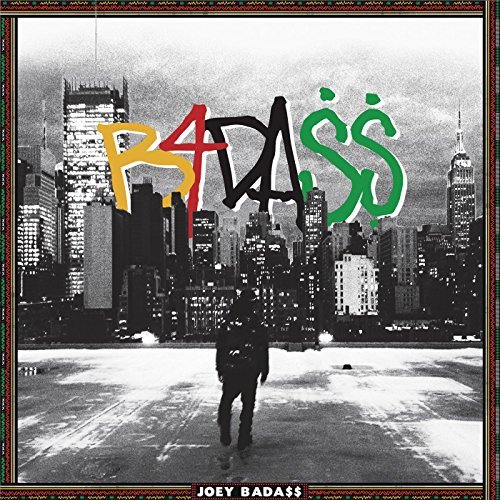
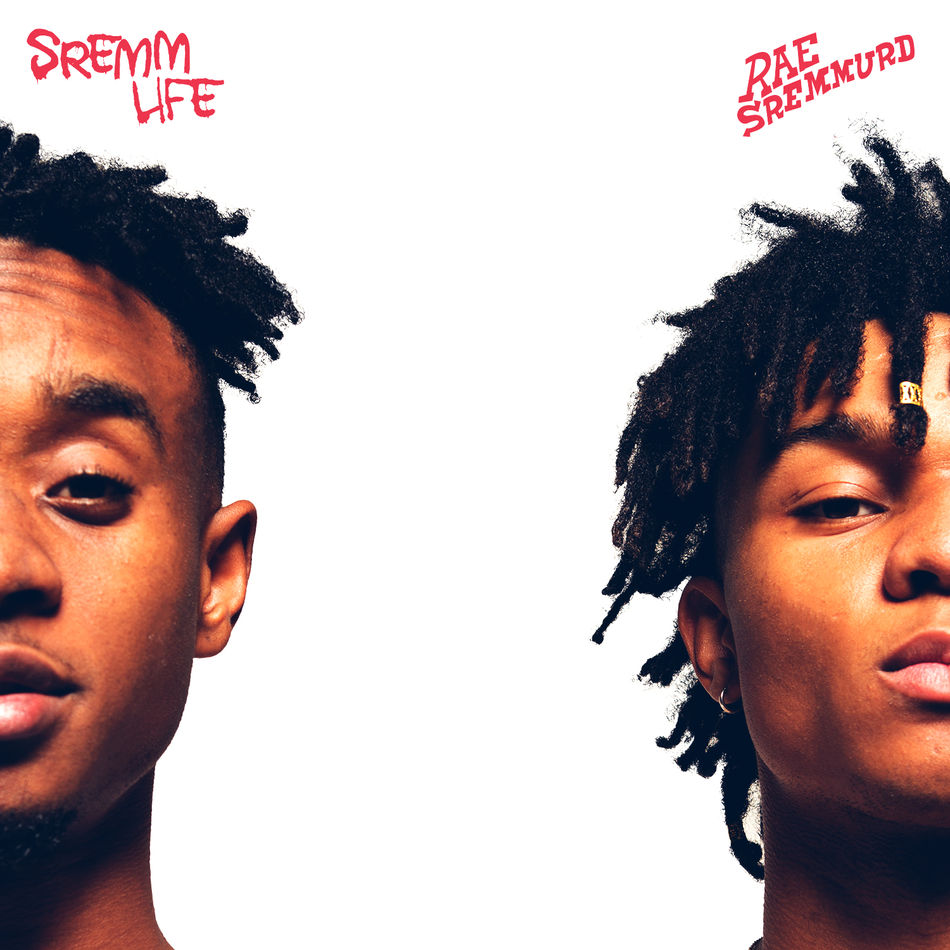
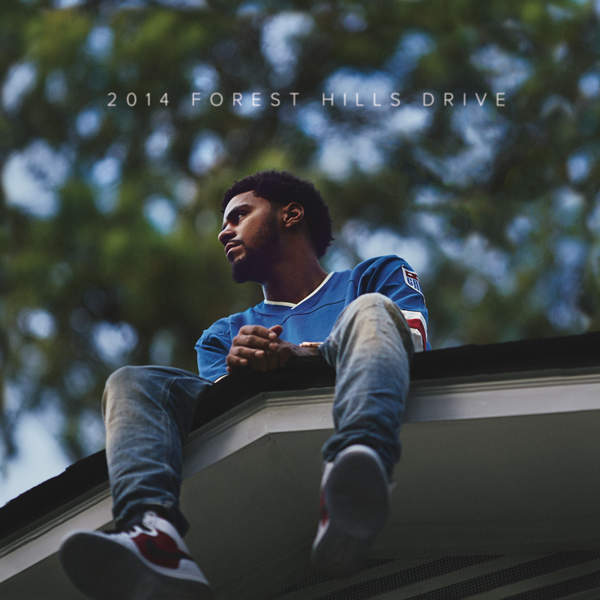




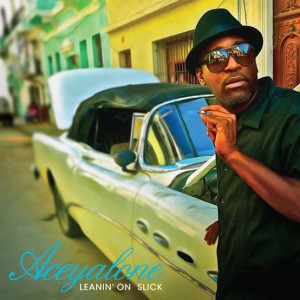


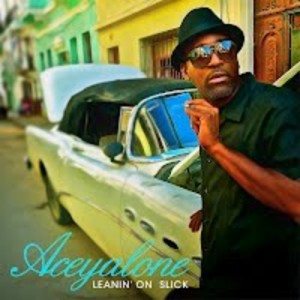

 Mixtape D.L.
Mixtape D.L.
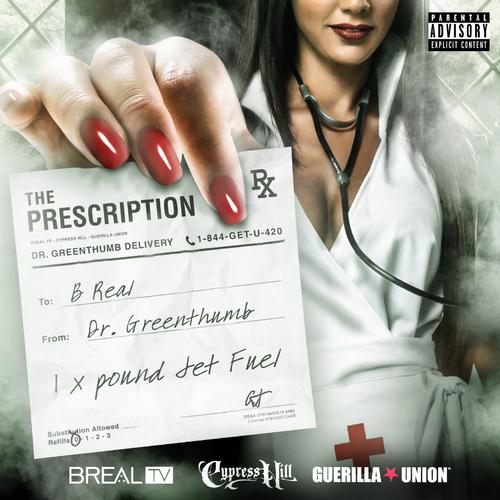

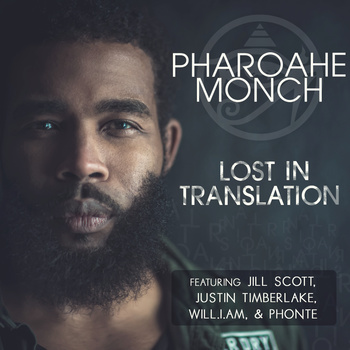

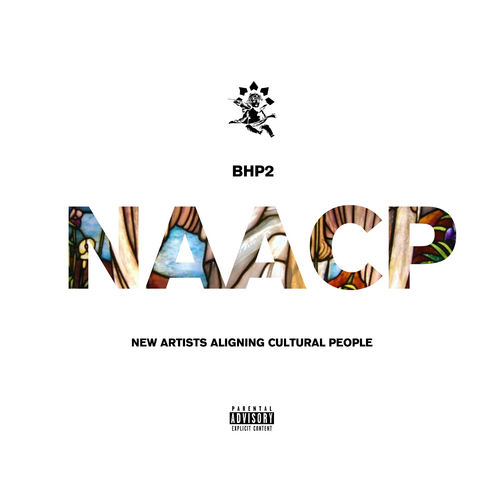

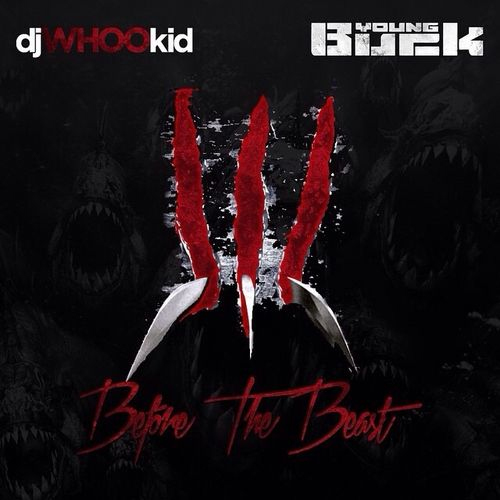
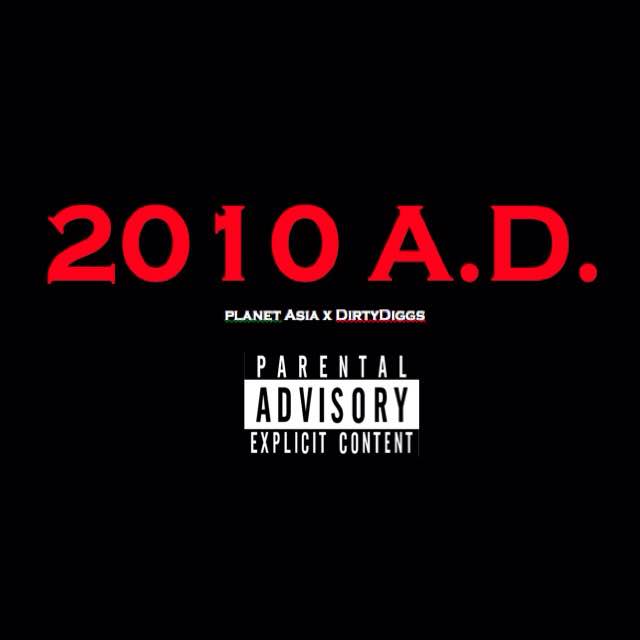
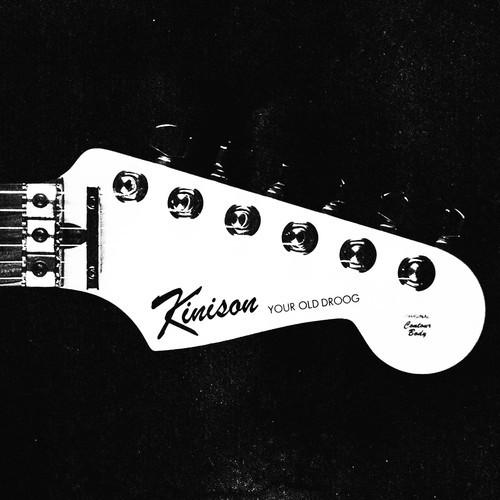
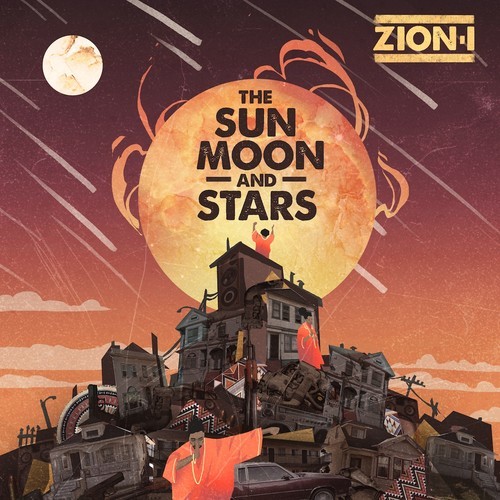

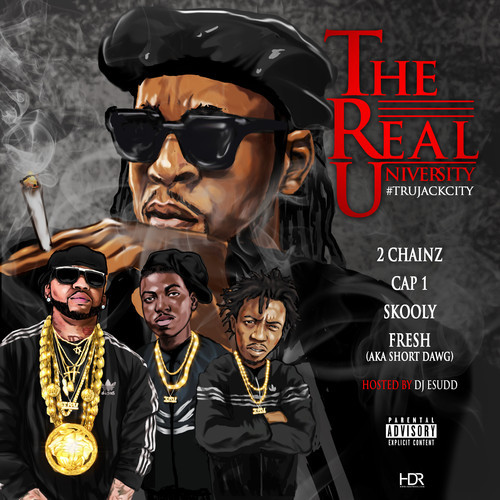
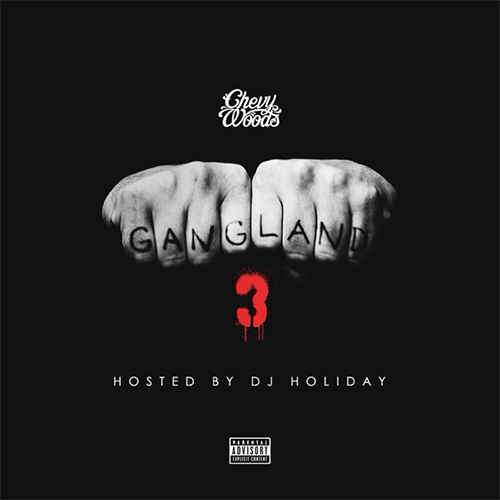
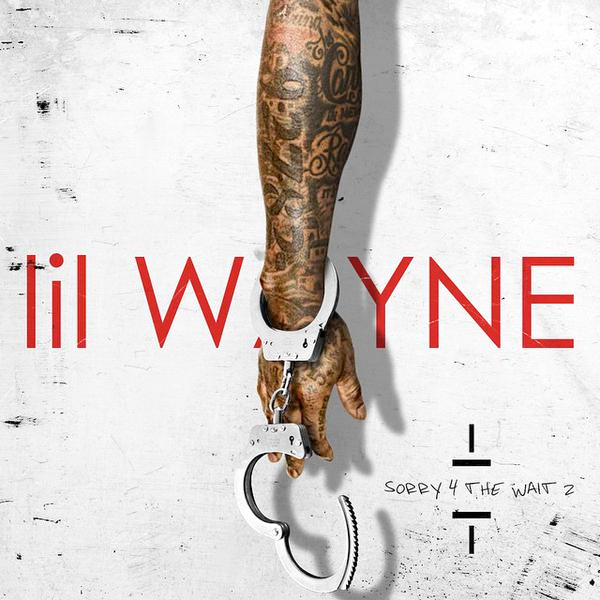
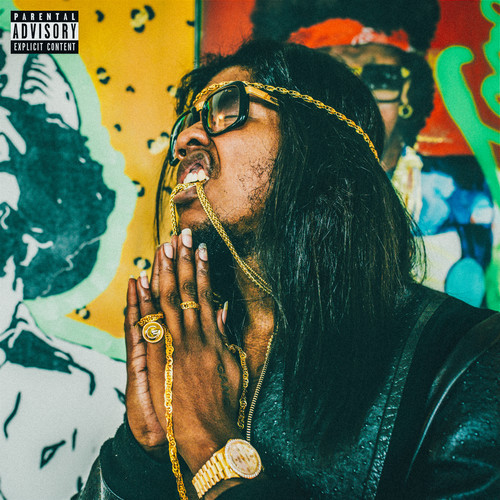





24 February, 1995@12:00 am
0 comments